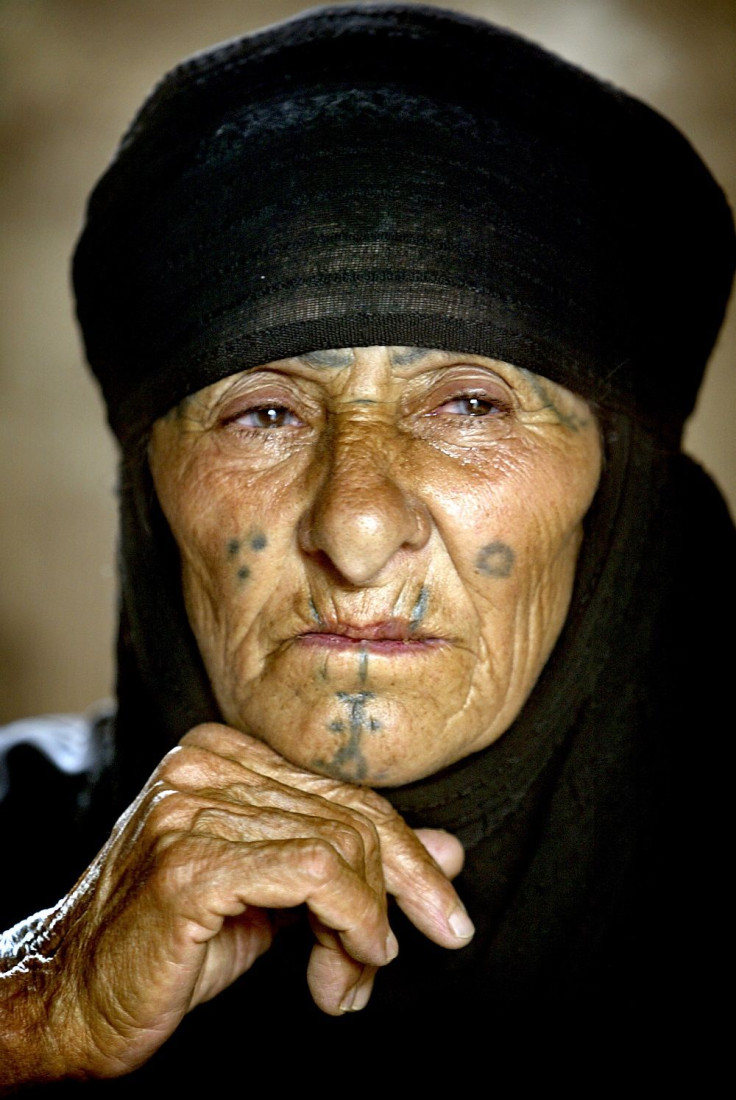Deadly Skin Disease Caused By Flesh-Eating Parasites Could Wipe Out Islamic State

The United States and its allies, it turns out, have an unexpected ally in possibly wiping out the Islamic State, or IS, without resorting to airstrikes. It is through Leishmaniasis, a skin disease.
The ailment is caused by flesh-eating parasites that have attacked a number of residents of a Syrian city under the control of the IS as well as some members of the extremist terror group. Members of the IS are refusing treatment, reports Kickerdaily.
To worsen matters, besides refusing treatment, the IS has shuttered the offices of several organisations that are battling the disease and seized their equipment. Medics of several hospitals left Raqqa to flee the city’s violence, including the humanitarian group Doctors Without Borders.
There are some local doctors left to treat the ailment, but they have scant experience in treating the diseases. Leshmaniasis is transmitted by female sand flies that bite infected rock hyraxes, a rodent, attracted by the war’s rubble and trash.
The sand fly is a protozoan parasite from the genus Leishmania. Once afflicted, a victim suffers from skin sores and bloated internal organs such as spleen and liver. If the disease is not treated properly, the victim could die.
It could be party prevented by sleeping under nets, similar to anti-malaria measures, as well as spraying the house with insecticides to exterminate the insect.
Raqqa Is Being Silently Slaughtered, an anti-IS network of activists, estimates there are over 2,500 cases of Leishmaniasis infections recorded in the city since July 2014.
According to the US Center for Disease Control and Prevention, there are various treatment approaches or regimens for the ailment such as Pentavalent antimonial compounds, liposomal amphotericin B and the Food and Drugs Administration-approved oral agent miltefosine.
To contact the writer, email: v.hernandez@ibtimes.com.au





















